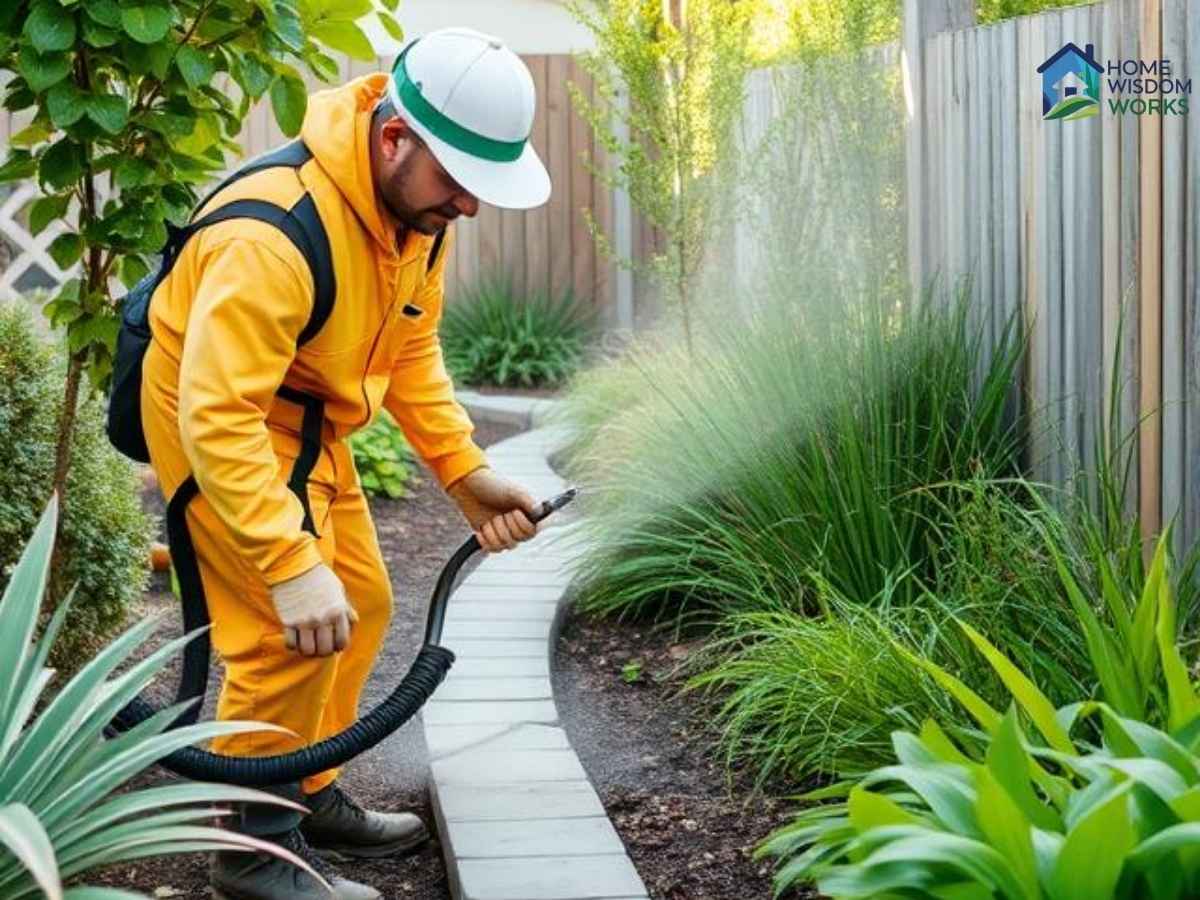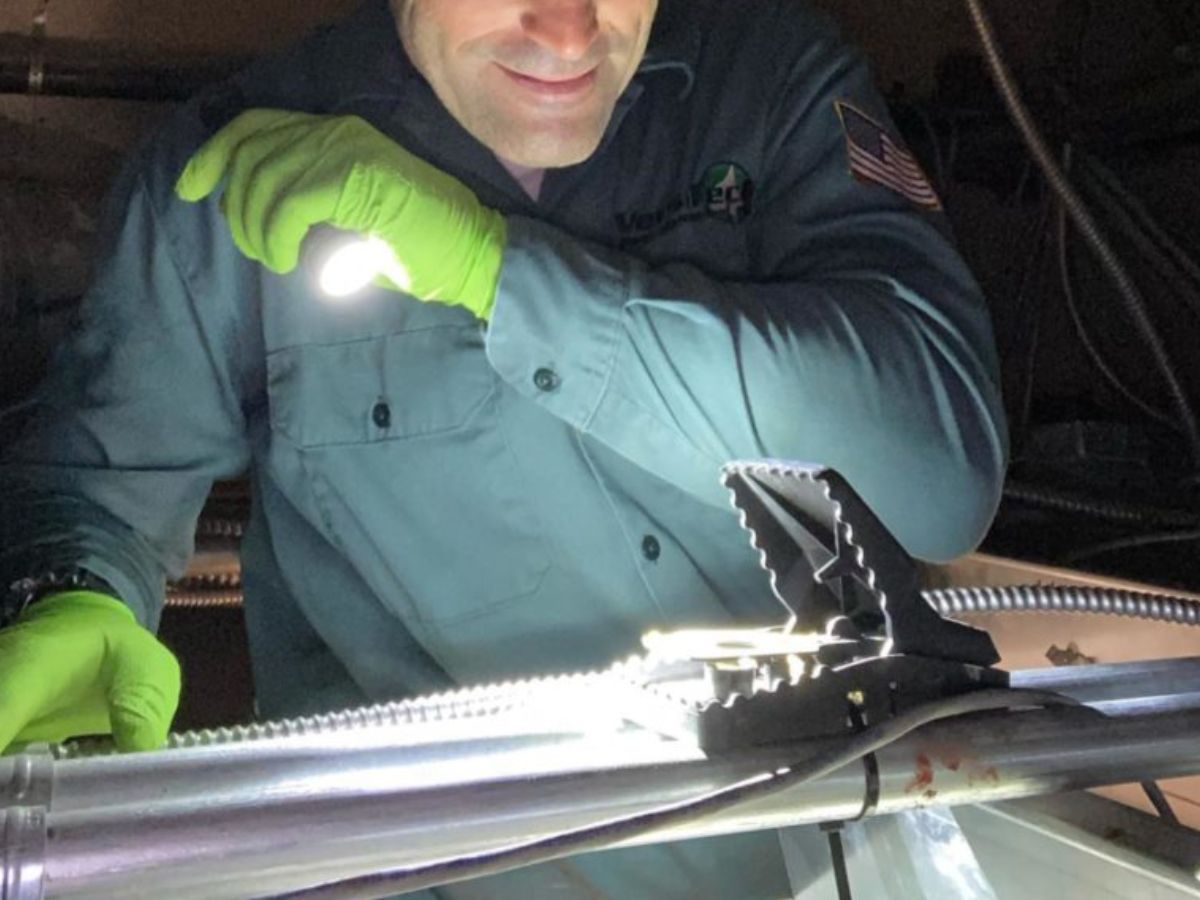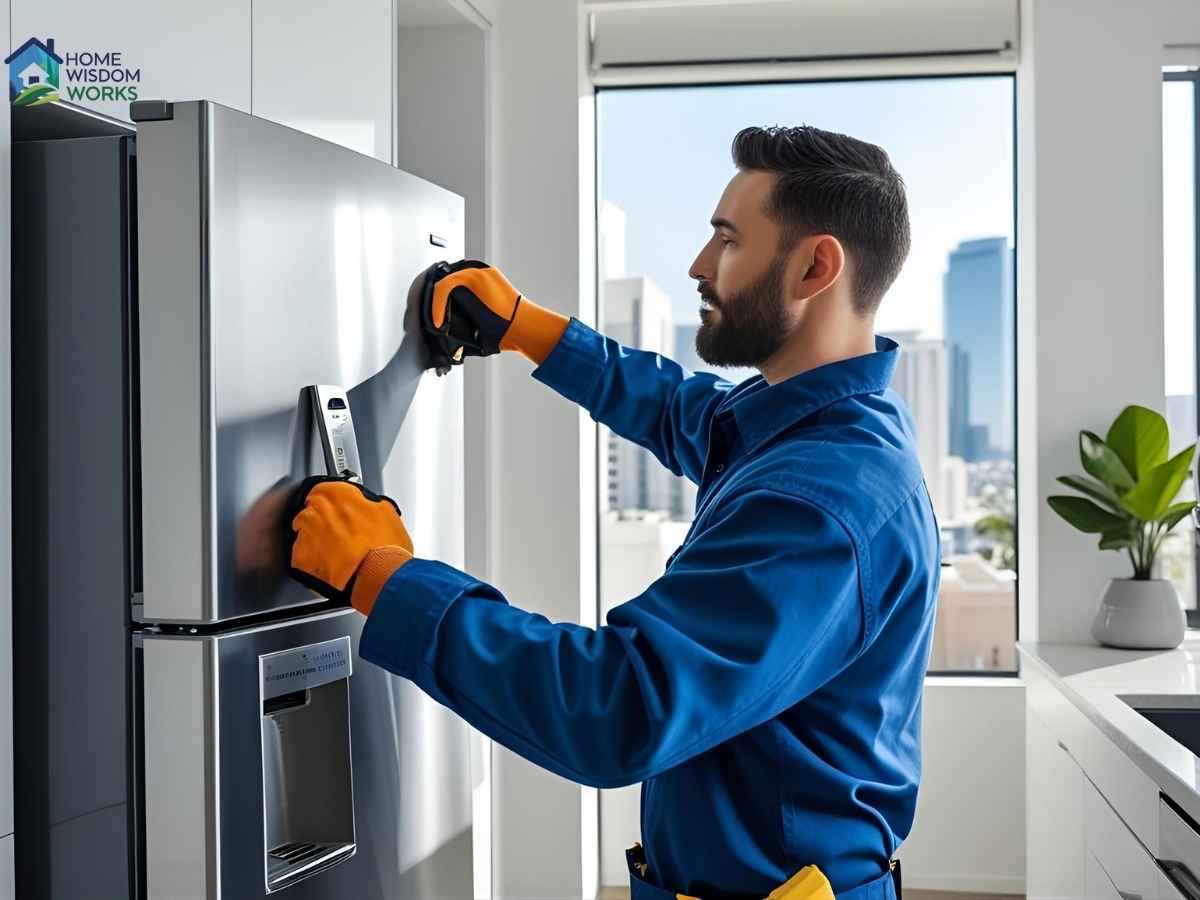Picture this: a quiet morning in San Carlos, Los Angeles, ZIP code 90049. The jacarandas are in bloom, the sun peeks through the mist, and your driveway gleams—crack-free, protected, and boosting your home’s curb appeal. But in Los Angeles, where microclimates, air quality, and local regulations all play a role, picking the right driveway sealant can feel overwhelming. Let’s break down the best options, local tips, and industry secrets to keep your driveway resilient all year long.
Table of Contents
Understanding the Local Context: Los Angeles, San Carlos, and the Driveway Challenge
Los Angeles is known for its sunny skies and minimal rainfall. San Carlos, sitting just west of the 405 and near neighborhoods like Brentwood and Bel Air, sees warm, dry summers with average high temps around 75°F (24°C), while winter lows rarely dip below 47°F (8°C). While this mild climate means we don’t battle freeze-thaw cycles, UV rays are relentless, and occasional downpours (especially during El Niño years) hit hard.
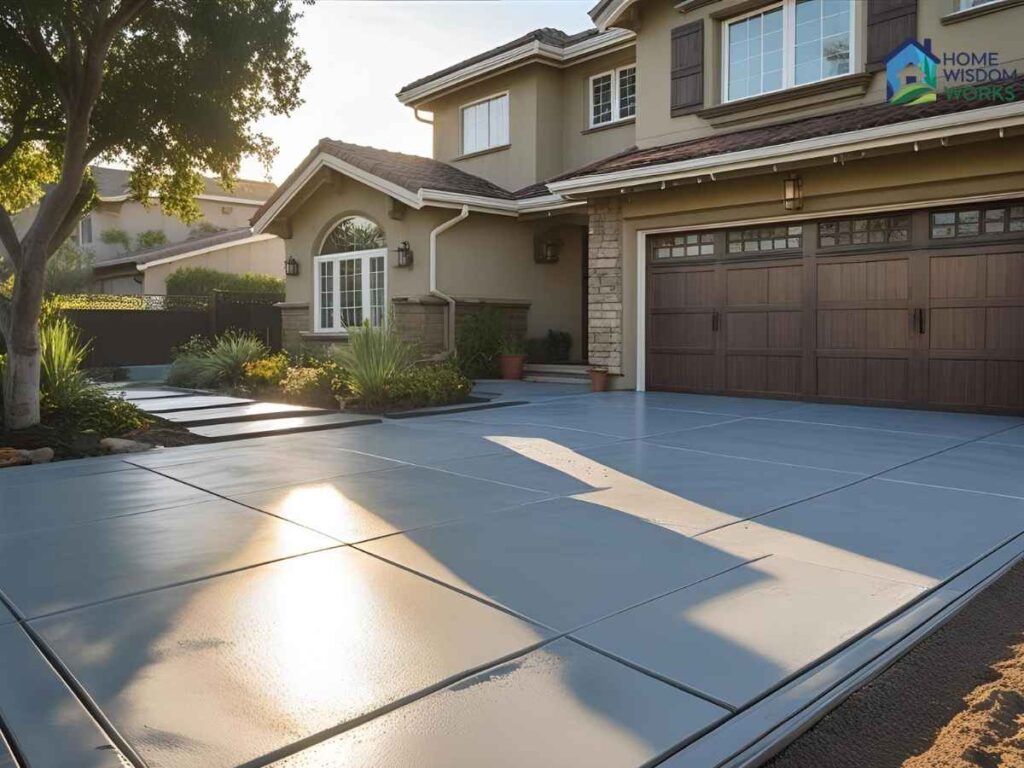
Driveways on the Westside often endure:
- Direct, intense sunlight nearly every day of the year
- Dust, air pollution, and automotive oil stains from LA traffic
- Water restrictions (thanks, LADWP!), so regular cleaning isn’t always easy
- Tree roots from mature pepper, ficus, and jacaranda trees can cause cracks and buckling
Whether your San Carlos driveway is classic concrete, a modern paver design, or durable asphalt, it takes the right product and technique to keep it looking sharp.
Exploring Sealant Solutions: What Works Best in Los Angeles
Let’s clear up the confusion: Not all sealants are created equal. The best choice hinges on driveway material, sun exposure, and local needs.
For Concrete Driveways
Acrylic-resin based sealers are the go-to for most San Carlos homes. They resist yellowing under the Southern California sun, protect against stains, and are relatively easy to reapply every 2–3 years. Pure acrylic options are best; avoid cheaper styrene mixes, which can degrade when exposed to UV light.
Pros:
- Costs less than urethane options
- Non-yellowing, maintains curb appeal
Cons:
- Needs reapplication every few years
- Won’t fix severe cracks—address repairs first!
For Asphalt Driveways
Bio-based asphalt sealers have become popular in Los Angeles for their eco-friendly benefits. They shield against oil and gas leaks, fill minor imperfections, and offer dark, fresh finishes that stand out in neighborhoods like Rancho Park or Cheviot Hills.
Look for:
- Non-toxic, low-VOC formulas recommended by environmental groups
- Products rated to withstand high UV exposure
For Paver Driveways
Water-based polyurethane or siloxane/silane sealers are top-rated for pavers, especially in upscale areas like Brentwood. They prevent weed growth in joints and keep colors vivid, which is important for modern or Mediterranean-style homes.
Real-Life LA Success Stories
1. Mirna’s Modern Makeover in San Carlos
Mirna, living on San Carlos Avenue near Kenter Canyon Elementary, had issues with surface dust turning her new concrete driveway gray. After consulting a local professional, she chose a pure acrylic-resin sealer. “It brought out the original color of the concrete and repelled oil stains from my husband’s old muscle car,” she explains. Not only is her driveway easier to clean with less water, but it looks freshly poured, months after application.
2. Asphalt Longevity in Mar Vista
The Jackson family in Mar Vista, ZIP 90066, owns a classic blacktop driveway bordered by California natives. They switched to a bio-based asphalt sealer two years ago after noticing cracks and fading. The result? The driveway is holding up brilliantly, even after an unusually rainy spring. The non-toxic formula was important to them since they host neighborhood playdates.
3. Paver Perfection in Brentwood
In Brentwood Glen, a homeowner named Oscar upgraded from an untreated paver driveway to one protected with a siloxane/silane blend. Not only did it preserve the driveway’s rich tones, but it also reduced weed invasions and made post-party cleanups a breeze. Oscar swears by getting pro advice and scheduling sealing before the dry summer heat peaks.
Top 3 Los Angeles Driveway Sealant Service Providers
When it comes to sealing driveways in San Carlos and greater Los Angeles, local expertise matters. Here are three highly-rated companies, each with their own approach:
1. Empire Parking Lot Services
Website: www.empirepls.com
Empire is well-known in the Westside and throughout LA for both residential and commercial driveway sealing. They specialize in eco-friendly products and custom-formula solutions for concrete, asphalt, and pavers. Clients rave about their punctuality and thorough prep work.
2. Rose Paving Southern California
Website: www.rosepaving.com/southern-california/
This company is ideal for those with large driveways or shared private roads. Rose Paving offers advanced polymer and acrylic sealants engineered for intense SoCal sunshine and traffic. Their customer service and warranty offerings are consistently praised.
3. LA Concrete Works
Website: www.laconcreteworks.com
For custom designs, repairs, and sealant jobs, LA Concrete Works blends craftsmanship with high-quality materials. They consult extensively on the right sealer for your specific driveway composition and appearance goals—perfect for unique homes in San Carlos.
Using the Right Tools & Resources
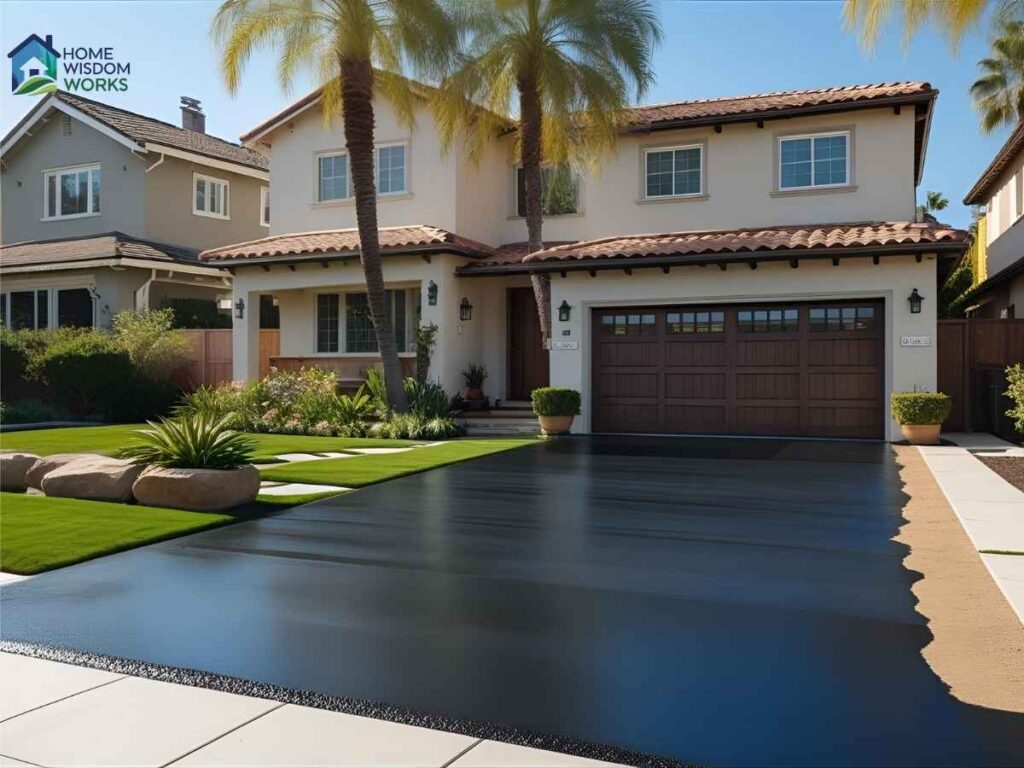
Navigating Los Angeles regulations and best practices can be tricky, but you’re not alone. Here are essential local resources:
- Driveway Permits: Most driveway work in Los Angeles doesn’t require a full building permit unless you’re changing grade, width, or making major structural alterations. However, you must comply with city standards (LA Bureau of Engineering A-Permits).
- Water Conservation: Before pressure-washing or using water to clean, check LADWP’s water use restrictions.
- Repairs & Drainage: If your project involves curb cuts or connecting to storm drains, you’ll want guidance from the LA County Public Works.
Pro tip: Most experienced contractors will handle the paperwork—but ask them to explain how local rules apply to you.
Inline “People Also Ask” Quick Answers
What is the best time of year to seal a driveway in Los Angeles?
Early spring or fall is ideal when temperatures are mild (between 55°–80°F) and rainfall is rare, allowing sealant to cure properly.
How long does driveway sealer last in San Carlos?
Most acrylic or polyurethane sealers last 2–3 years under LA’s climate if applied correctly and kept clean.
Can I do driveway sealing as a DIY project in LA?
Yes, but local pros have specialized equipment and knowledge of city regulations—DIY may not deliver the same longevity or aesthetics.
Internal Links for LA Homeowners
- LA Neighborhood Guide: Choosing Materials for Curb Appeal
- Guide to Waterwise Landscaping in Los Angeles
- Permitting a Home Improvement Project in LA: Step-by-Step
Frequently Asked Questions: LA Edition
Do I need a permit to seal my San Carlos driveway?
Most basic sealing doesn’t require a permit, but modifying width, slope, or drainage systems may—always confirm with the LA Bureau of Engineering or ask your contractor.
What type of driveway sealer works best against LA’s sun?
Acrylic-resin and high-grade polyurethane sealers are most UV-resistant. Cheaper options can degrade fast in constant sunlight.
How soon can I walk or drive on my newly sealed driveway?
Wait at least 24–48 hours before walking or driving on a fresh sealant, depending on weather and product instructions.
Who are the trusted driveway sealing contractors in West LA?
Consider Empire Parking Lot Services, Rose Paving Southern California, and LA Concrete Works for strong local reputations and expertise.
Where can I find local codes for driveways and curb cuts in LA?
Visit the LA Bureau of Engineering A-Permit Manual or LA County Public Works for official guidelines.
